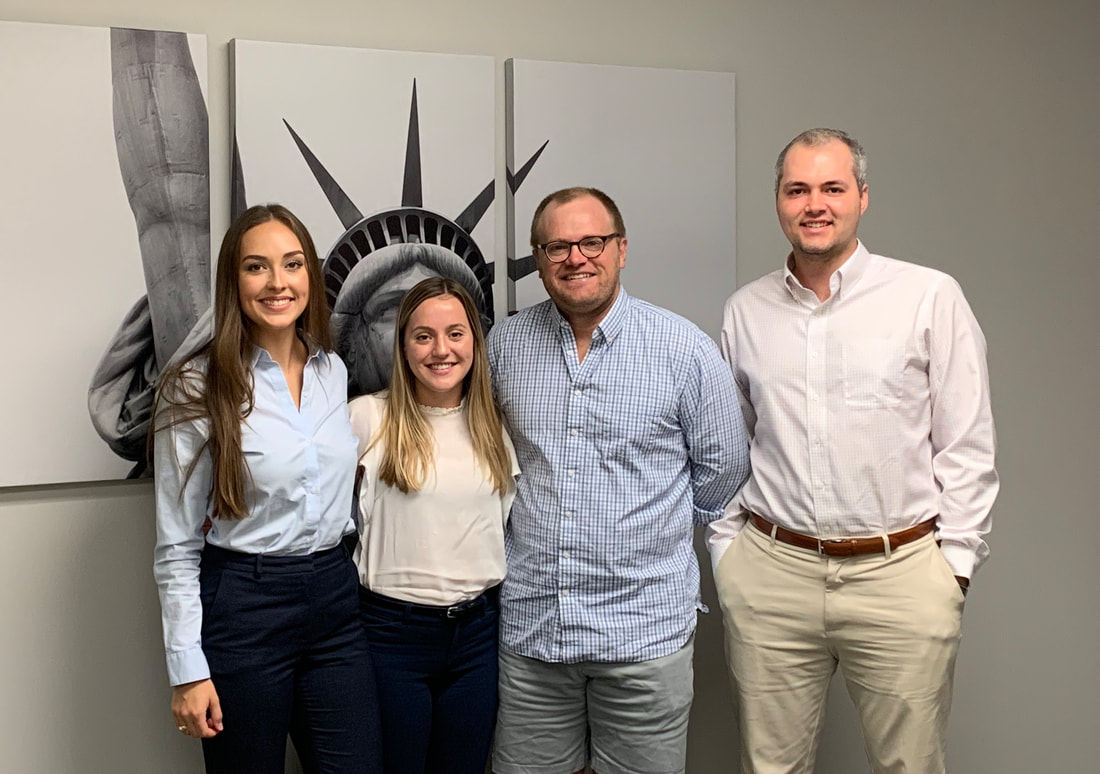|
Having studied economics academically in undergraduate and graduate courses, then living and helping clients through the economics of U.S. Healthcare system through many surgeries and healthcare issues, I would offer the following adjustment to the U.S. Healthcare system.
0 Comments
Big changes happen when it is time to retire. Your financial life such as sources of income and expenditures can change. Where do you begin to manage it all? When it comes to retirement cash flow there are 2 main ideas to understand: cash flow and liquidity.
Cash flow is the amount of money you have coming in and out each month. Income includes social security, annuity income, pension income, investment income, etc. Expenses could be your living needs (housing, groceries, HOA fees, taxes, insurance, vehicle) and other expenses such as entertainment, travel, and repairs. Liquidity is defined as turning assets into cash. The more 'liquid' it is the easier it is to turn into cash. An example could be selling mutual funds, converting insurance policies into cash, selling art or coin collections to pay for your expenses. It is a balancing act of sorts as you don't want too much money in cash and then be missing out on potential growths. To start, you need to replace your weekly/bi-weekly income in retirement. The replacement income could be social security, pension disbursements, part-time employment, or real estate rental income. With multiple sources of income, it is convenient to set up direct deposit or remote banking (scanning checks for deposit with your smart phone). Keeping your income organized will help you easily manage it all. Many times, you will have excess cash from your multiple sources of income. In this case, use these tips to invest the cash. For living expenses, invest in lower-risk, high liquid funds such as money markets. For your short-term savings goals, consider treasury bonds or FDIC-insured CDs with maturities that fit the same date you need the money. For emergencies, make sure to save 3-6 months of expenses in case any unexpected expenses arise. Another thing to keep in mind is that once you reach the age of 70 1/2 there are Required Minimum Distributions (RMDs) you must take from your retirement account. You have until December 31st each year to take your RMD. Consider automatic withdrawals or a one time distribution to avoid paying a penalty for forgetting to take your RMD. 'The key to managing cash in your retirement is to make sure your money can be easily accessed, moved, and invested according to your needs, and, ideally, to do so in a way that mitigates overall fees' according to Fidelity Viewpoints. Make sure to take advantage of ways to streamline how you manage money coming in and going out. Your cash flow will change during the course of your retirement so make sure to contact Brien at Traditions Wealth Advisors at [email protected] or 979-694-9100 to manage your financial resources. Austin Trip 7/23/19 Reflection by Madison Flores On Tuesday, Brien and the current Aggie student interns at Traditions Wealth Advisors road tripped from College Station to Austin for the day. We were able to meet with Liberty Park Capital Management and Dimensional Fund Advisors in Austin to get more information on what their companies are all about. We met with Chuck Murphy of Liberty Park Capital Management who was an intern for Traditions Wealth Advisors back in 2004. Chuck graduated from Texas A&M and went straight to Wall Street. After several years of researching, Chuck was named the #1 small cap researcher on Wall Street and was written up in the Wall Street Journal. He then parlayed that honor into his own firm back in Austin. Chuck gave us insights on small-cap funds and what he focuses on to give his clients the best possible returns. Their expertise in the field helped us gain knowledge on what to look for when adjusting stock recommendations and why. He was also able to give a broader definition of what a hedge fund can look like which will help when looking at news that could be giving off construed financial information. He helped us learn how to separate the noise from what information is important for investments. We also visited Dimensional Fund Advisors. They let us investigate their business model and how they manage their systematic investment approach. By listening to their firms take on economic indicators, it helped broaden the scope of what to pay attention to in the news as well as what economic trends have been historically important. Both firms brought two different ideas together and gave us insights on what to focus more of our research on to make sure the necessary information is being taken into our clients' portfolios. Pictured above from left to right: Meredith Storey (current TWA intern), Madison Flores (current TWA intern), Charles Murphy (former TWA intern from 2004; current portfolio manager at Liberty Park Capital Management) and Spencer Fredericks (current TWA intern)
 As the Accounting Intern here at Traditions Wealth Advisors, Dan assists Brien Smith (CEO) in managing different functions of TWA. Dan handles the bookkeeping, cash flow forecasting, and other accounting related functions around the office. He is dedicated, precise, and loves to work within Excel. Dan is currently a senior accounting major at Texas A&M University. He is enrolled in the Professional Program in Accounting (PPA) at Mays Business School and will receive a bachelor’s degree and a master’s degree in accounting. Before his graduation in 2021, Dan hopes to get his CPA and secure a career at a Big 4 accounting firm. In addition to working at Traditions Wealth Advisors, Dan is involved with multiple organizations at Texas A&M. He is a counselor for Fish Camp as well as a member of Ol’ AGS, a men’s organization on campus. In his spare time, he likes to golf, watch sports, and spend time with his friends and family. |
Archives
July 2024
Categories
All
|
Let our team work for you. Call 979-694-9100 or
email [email protected]
|
TRADITIONS WEALTH ADVISORS
2700 Earl Rudder Frwy South, Ste. 2600 College Station, TX 77845 |
VISIT OUR BLOG: Stay current with industry news and tips.
|



